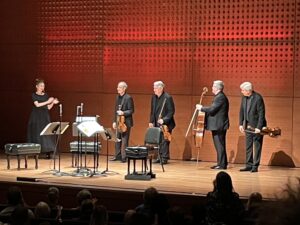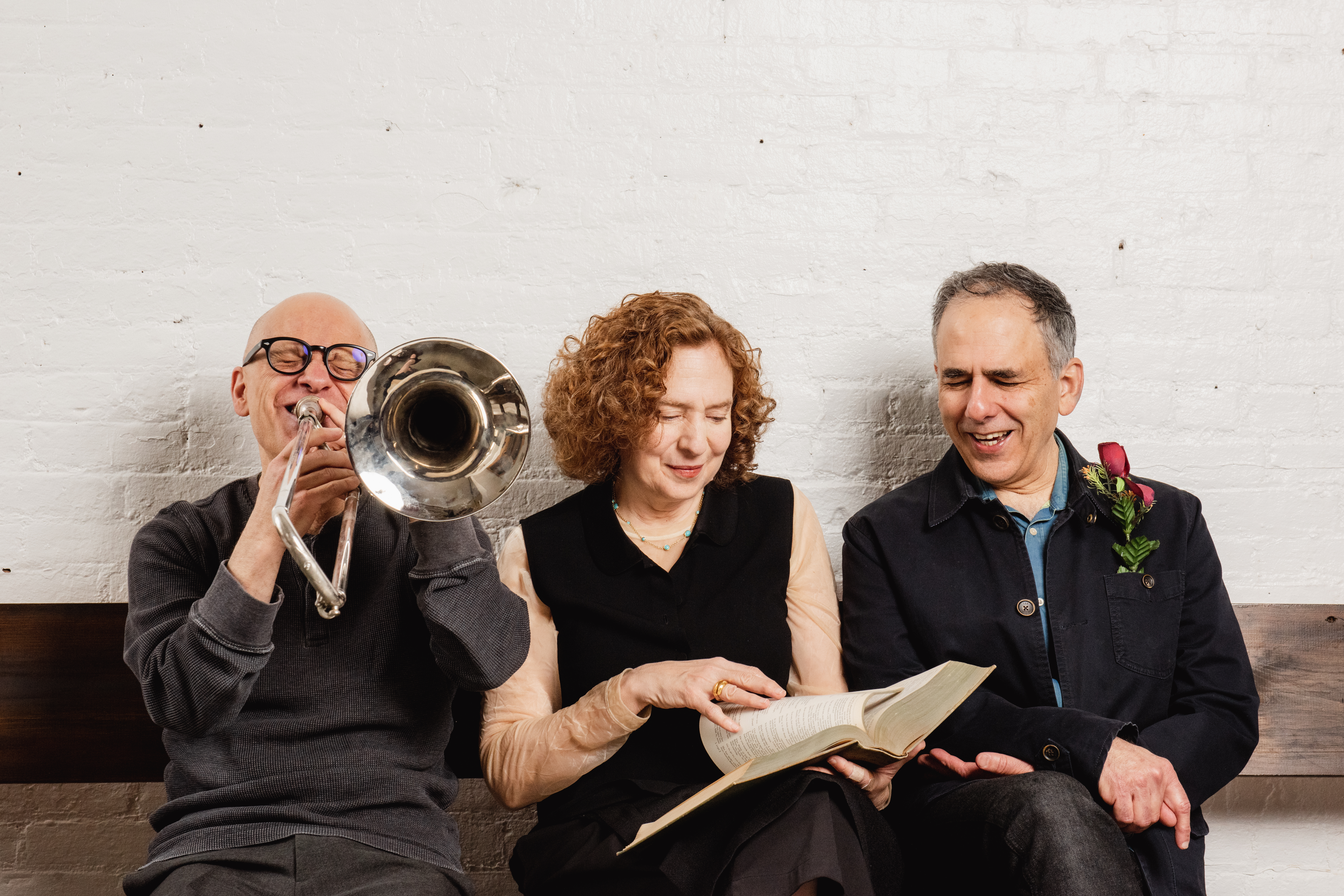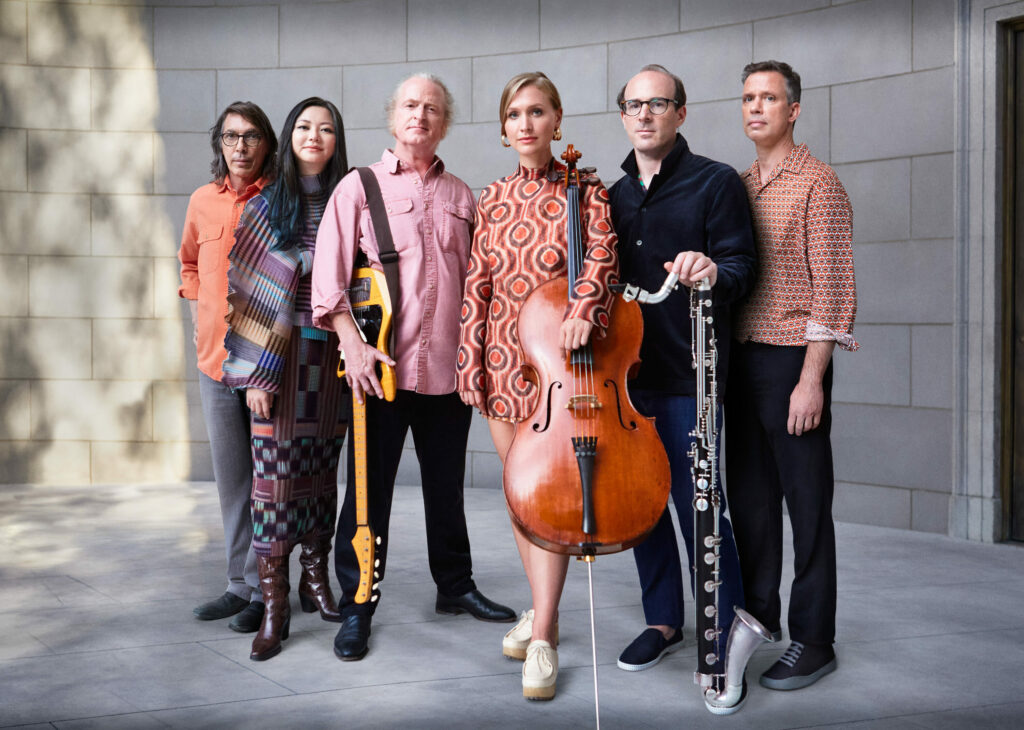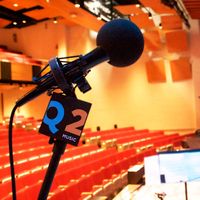
Sarah Kirkland Snider’s Drink the Wild Ayre for String Quartet is the last work commissioned by the venerable Emerson String Quartet. The group – who plans to disband after 47 years of recitals and recordings – gave the New York premiere at one of their last concerts in New York City. It was a tidy closing of a loop. Early in Snider’s compositional career, two decades ago, performances by the Emerson String Quartet inspired her to write her own first quartet.
The ten minute work led the second half of the Chamber Music Society of Lincoln Center program at Alice Tully Hall on Sunday. It instantly brought to mind a bucolic scene of nature and forest, evoking sounds of birds. The title of the work refers to a quote from Ralph Waldo Emerson: “Live in the sunshine, swim the sea, / Drink the wild air’s salubrity.” Snider’s “Ayre” embraces the clear melodic lines of instrumental airs from the 17th century. In the program note, she wrote, “The title seemed to be an apt reference not only to the lilting asymmetrical rhythms of the music’s melodic narrative but also to the questioning spirit sense of adventure and full hearted passion with which the Emerson has thrown itself into everything it has done for the past 47 years.” Compositionally, the work was the simplest on this program of 20th century classics – but concert music does not need to be complicated or thorny to be a success, which this clearly was.
The Emerson String Quartet opened the program with what I consider to be one of the best works in the repertoire, Maurice Ravel’s Quartet in F major for Strings. (In fact, the melancholy theme is still running through my head). Ravel’s composition is about as perfect a string quartet as one can get – but maybe it’s that the Emersons make everything they play seem so. At the work’s conclusion, wildly enthusiastic cheers abounded from the audience.
The sleeper hit of the afternoon was Anton Webern’s Six Bagatelles for String Quartet, Op. 9. ESQ gave an exceptionally musical reading of this set, infusing the long phrases of these short works with dramatic nuance and contrast. The quartet’s interpretation gave the music such purpose that it came off almost as a miniature opera, highlighting different characters and moods. A wonderful example: The fifth bagatelle clearly ended in a question, and was followed by a resolute response in the final bagatelle.
Quartet No. 2 for Strings, BB75, Op. 17 by Bela Bartok was written in the 1910s, about 15 years after Ravel’s, and the group played it with the same lush romantic flair. The final work on the printed program was Dmitri Shostakovich’s rousing Quartet No. 12 in D-flat major for Strings, Op. 133, composed in 1968. After a number of ovations, the Emersons offered a generous encore: A luxurious reading of the slow movement of the String Quartet No. 1, Lyric, by George Walker. The beautiful chorale-like music was a rich and sweet dessert.


